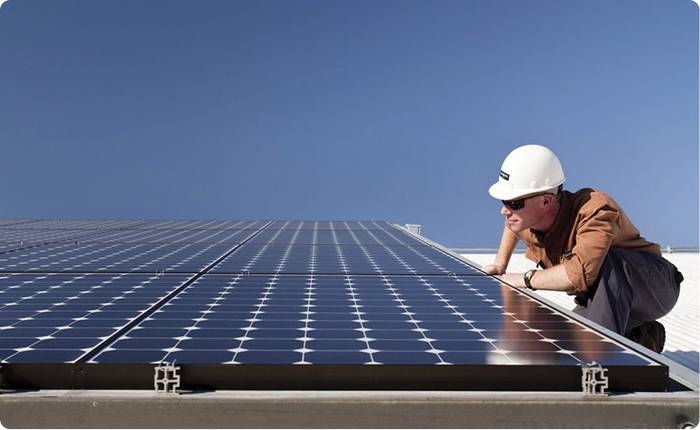Switching to solar is a big decision. It can have a number of immense benefits for you, your home, and your life, but it’s not something you should take lightly. After all, solar is a pretty hefty investment, and you need to know exactly what this investment entails before you agree to anything. As such, there are several extremely important things you need to know before you move forward. In this blog, we’ll discuss five of them.
Contact us online to learn more about switching to solar in San Diego, Escondido, and the surrounding areas!
#1- Not All Solar Panels Are Created Equal
Solar is a booming business in the United States, and many companies have thrown their hat into the ring to try and build up a presence and lay claim to at least a share of what has rapidly become a multi-billion dollar industry. While this is great because competition has brought prices down for consumers, it’s also led to a number of poor-quality products from less-than-reputable manufacturers. While these panels may have an extremely attractive price tag, they suffer from serious issues that will ruin your solar panel experience.
When it comes to reliability and performance, SunPower® panels, installed by a certified and experienced San Diego solar team, are one of the best investments you can make in your home. Not only do they offer one of the industry’s best warranties (25 years) on every component in your system, but they have outperformed the competition on numerous durability tests, including hot/cold cycling and humidity. If your system suffers in high heat or humid ocean air, your investment will become less profitable almost immediately, and you’ll be stuck wishing you had picked a better choice. Don’t make this mistake.
#2- You May Still Receive an Electric Bill
Solar panels don’t get rid of your electric bill forever. Or at least, they don’t usually. Most people simply choose to install solar while still keeping their connection to the local grid as backup, and so their lights can stay on at night. While solar will produce the energy you need during the day (and even send the energy you don’t use back to the grid for a credit on your account), you will still receive an electric bill or account statement at the end of the billing cycle. Granted, this bill should be substantially lower and may not even reflect a balance owed, but rather a credit that has been applied to your account.
There are options you may be able to pursue disconnecting off the grid as well, including using a large battery backup system that can keep your home powered for hours or even days at a time. If you truly want to get “off the grid” and become self-sustaining, talk to a solar team member about your options for doing so.
#3- Your Roof Needs to Be In Good Condition
SunPower solar panels are designed to last 25 years under warranty, and many have shown signs that they can last for many years beyond that. However, is the roof over your head going to last that long as well? Without a high-quality and good-condition roof supporting them, your panels will have to be taken down and have the mounting hardware removed in order to rebuild your roof, then reinstall the panels.
This is an expensive endeavor, adding a substantial extra cost to your roof replacement, and for that reason, many solar companies will conduct a thorough roof inspection before installing your system. If your roof has less than five years of useable life left, you may want to consider replacing it entirely before installing solar so your new panels will have the support they need throughout their life.
#4- You Won’t See Maximum Savings Until You’ve Completed Your Payoff Period
It’s true that when you install solar panels, you’ll save a substantial amount on your energy bills. However, you won’t see the maximum savings until you have completed what’s known as your “payoff period.” Your payoff period is approximately how long it takes to pay off the cost of your panel system based on the amount you’re saving each month on your utility bills.
Let’s look at it this way. Say you were paying $100 per month for electricity before. After installing an $ 8,000-panel system, your electric bill has fallen to just $10 per month. That’s a savings of $90 per month or $1,080 per year. At that rate, it would take you slightly under seven and a half years until you reach your payoff period. Of course, this is extremely simple math. Say the cost of energy rises $10 per month each year; your payoff period then becomes less than six years! Once you reach that point, then you’ll be able to enjoy all the energy you need for a minuscule cost over the life of your system.
#5- New California Homes Require Solar Panels
California recently became the first state in the country to mandate that all new home constructions completed after January 1st, 2020 come equipped with solar panels. If you’re planning on building your own home by this point, or if you’re going to be looking to purchase a new home, you’re going to need to purchase a solar panel system. Likewise, many people believe it’s only a matter of time before existing homes are required to covert to solar energy as well through a grandfathering system. If you want to future-proof your home, investing in solar is a great way to do so.
Interested in making the switch to solar in your home? Call California Premier Solar Construction today at (760) 786-4292 to schedule a solar consultation!


